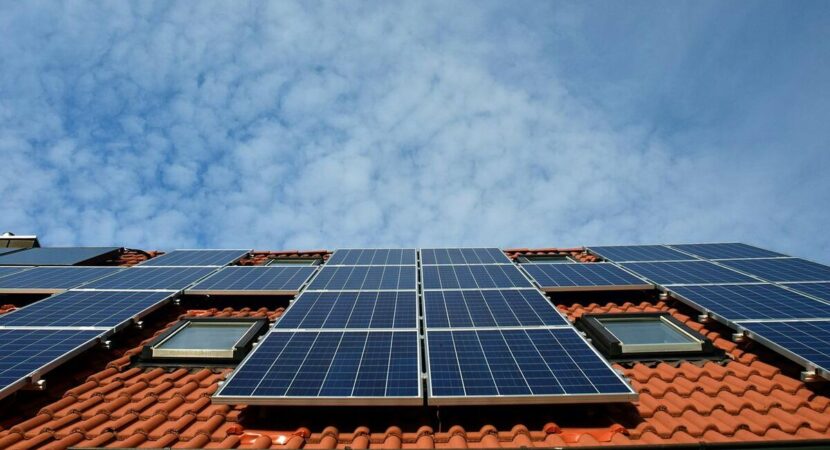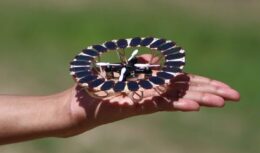
The creation of the new legal framework for self-generation of solar energy has been driving the search for photovoltaic panels and Absolar highlighted that solar energy production in homes should double by the end of 2022.
For this Thursday (28/07), Absolar (Brazilian Association of Photovoltaic Solar Energy) has projections that point to a strong growth in the production of solar energy in homes during the year 2022, reaching almost 25 average gigawatts (GW), double the current rate. These numbers will be mainly driven by tax benefits for those who start their own production until the beginning of 2023, with a strong increase in demand for photovoltaic panels.
Purchase of photovoltaic panels and the growth of the solar energy sector will have a significant increase in 2022, points out Absolar
The current Brazilian scenario in the field of solar energy production is increasingly heated, mainly due to factors such as the increase in fuel prices and the search for own energy generation. Thus, Absolar points to a strong increase in demand for photovoltaic panels and the installation of new solar energy systems in homes across the country.
The association still expects that installed capacity in Brazil will double by the end of 2022, reaching 25 (GW) of production, a volume that represents almost two Itaipu plants, the largest in the country, with 14 gigawatts (GW) of capacity.
In addition, the relevance of the sector in the national scenario continues to grow and Absolar announced last week that solar energy became the third largest in the national energy matrix, with 8,1%, surpassing natural gas, behind generation water — the main one, with 53,9% — and wind power (10,8%).
Furthermore, according to projections by Win, a distributor of solar equipment, the expectation is to register growth of 300% this year, the same level seen in 2021. The end of 2022 will be essential for the increase in the purchase of photovoltaic panels, due to the tax benefits of the new regulatory framework, which gives a greater discount on the electricity bill to consumers who install it by January 2023. Therefore, companies are starting to move to receive an increase in the search for products.
Tax benefits from the new legal framework for own solar energy production will strongly drive the increase in the installation of new systems in 2022
The new regulatory framework for own production of solar energy in Brazil, approved during the month of January this year, will be essential for this growth in the search for photovoltaic panels and resource generation.
This happens because there will be exemption from sector charges until the end of 2045 for those who install a solar generation system until January 7, 2023. In this way, the consumer who produces more than he uses will be able to throw the surplus energy into the electrical grid and receive the remainder in credits.
Rodrigo Sauaia, president of Absolar, commented on the future of the solar energy sector in the country and stated that the high costs of electricity and international conflicts will drive an increase in the installation of new systems in the national territory, as a way of reducing expenses with resource.
Thus, he stated that “In addition to the scenario of rising energy prices, the law was an important milestone after two years of discussions and brings stability to investors and consumers, who are taking the opportunity to organize themselves. Today, of the total installed, two thirds are small solar panels. Taking advantage of this rule until 2045 is an opportunity”.













"Friendly nation" I don't believe you can…
The potential of this research and…
There is already a language translation app…
Developed countries now need a helping hand…
I've never seen a website publish so much zucchini...
It must be sold to the Australians, nation…
Much better than playing a lot…
Very interesting, but there is so much invasive propaganda…